Description
Information of Accutane (Isotretinoin)
Generic Accutane (Isotretinoin) is a form of vitamin A. It reduces the amount of oil released by oil glands in your skin, and helps your skin renew itself more quickly.Generic Accutane (Isotretinoin) is used to treat severe nodular acne. It is usually given after other acne medicines or antibiotics have been tried without successful treatment of symptoms.Generic Accutane (Isotretinoin) may also be used for other purposes not listed in this medication guide.
Generic Accutane (Isotretinoin) can cause severe, lifethreatening birth defects. Never use Generic Accutane (Isotretinoin) if you are pregnant.Women of childbearing potential must agree in writing to use two specific forms of birth control and have regular pregnancy tests before, during, and after taking isotretinoin.
Do not take vitamin supplements containing vitamin A while you are taking isotretinoin. Do not donate blood while taking Generic Accutane (Isotretinoin) and for at least 30 days after you stop taking it.
SIDE EFFECTS OF Accutane (Isotretinoin)
FOR THE CONSUMER
Along with its needed effects, isotretinoin (the active ingredient contained in Accutane) may cause some unwanted effects. Although not all of these side effects may occur, if they do occur they may need medical attention.
Check with your doctor immediately if any of the following side effects occur while taking isotretinoin:
More common:
- Bone or joint pain
- burning, redness, itching, or other signs of eye inflammation
- difficulty moving
- nosebleeds
- scaling, redness, burning, pain, or other signs of inflammation of the lips
- skin infection or rash
Rare:
- Abdominal or stomach pain (severe)
- attempts at suicide or thoughts of suicide (usually stops after medicine is stopped)
- back pain
- bleeding or inflammation of the gums
- blurred vision or other changes in vision
- changes in behavior
- decreased vision after sunset or before sunrise (sudden or may continue after medicine is stopped)
- diarrhea (severe)
- headache (severe or continuing)
- mental depression
- nausea and vomiting
- pain or tenderness of the eyes
- pain, tenderness, or stiffness in the muscles (longterm treatment)
- rectal bleeding
- yellow eyes or skin
- Incidence not known:
- Black, tarry stools
- bloating
- bloody cough
- bloody or cloudy urine
- bone pain, tenderness, or aching
- burning or stinging of the skin
- chest pain
- confusion
- constipation
- convulsions
- cough or hoarseness
- darkcolored urine
- decrease in height
- difficulty breathing
- difficulty speaking
- difficulty swallowing
- discharge from the eyes
- dizziness
- double vision
- ear pain
- excessive tearing
- fainting
- fast, irregular, pounding, or racing heartbeat or pulse
- fever with or without chills
- fractures and/or delayed healing
- heartburn
- high blood pressure
- hives
- inability to move the arms, legs, or facial muscles
- inability to speak
- indigestion
- inflamed tissue from infection
- irregular yellow patch or lump on the skin
- irritation
- joint pain, redness, stiffness, or swelling
- lack or slowing of normal growth in children
- loosening of the fingernails
- loss of appetite
- loss of bladder control
- loss or change in hearing
- muscle cramps, spasms, or weakness
- pain in the ribs, arms, or legs
- pain or burning in the throat
- pain or tenderness around the eyes and cheekbones
- painful cold sores or blisters on the lips, nose, eyes, or genitals
- painful or difficult urination
- pains in the chest, groin, or legs, especially calves of the legs
- pains in the stomach, side, or abdomen, possibly radiating to the back
- pale skin
- pinpoint red spots on the skin
- redness or soreness around the fingernails
- redness, soreness, or itching skin
- sensitivity of the eyes to sunlight
- shortness of breath
- skin rash
- sneezing
- sores, ulcers, or white spots on the lips or tongue or inside the mouth
- stuffy or runny nose
- sudden loss of consciousness
- sudden loss of coordination
- sudden onset of severe acne on chest and trunk
- sudden onset of slurred speech
- swelling of the eyelids, face, lips, hands, lower legs, or feet
- swollen, painful or tender lymph glands in the neck, armpit, or groin
- tightness in the chest
- unusual bleeding or bruising
- unusual weight gain or loss
- use of extreme physical or emotional force
- watery or bloody diarrhea
- wheezing
Some side effects of isotretinoin may occur that usually do not need medical attention. These side effects may go away during treatment as your body adjusts to the medicine. Also, your health care professional may be able to tell you about ways to prevent or reduce some of these side effects. Check with your health care professional if any of the following side effects continue or are bothersome or if you have any questions about them:
More common:
- Crusting of the skin
- difficulty in wearing contact lenses (may continue after medicine is stopped)
- dryness of the eyes (may continue after treatment is stopped)
- dryness of the mouth or nose
- dryness or itching of the skin
- headache (mild)
- increased sensitivity of the skin to sunlight
- peeling of the skin on palms of the hands or soles of the feet
- stomach upset
- thinning of the hair (may continue after treatment is stopped)
Incidence not known:
- Abnormal menstruation
- burning, crawling, itching, numbness, prickling, “pins and needles”, or tingling feeling
- changes in fingernails or toenails
- continuing ringing or buzzing, or other unexplained noise in the ears
- dandruff
- darkening of the skin
- flushing
- hair abnormalities
- hair loss
- increased hair growth, especially on the face
- lightening of normal skin color
- lightening of treated areas of dark skin
- nervousness
- oily skin
- redness of the face
- severe sunburn
- skin rash, encrusted, scaly and oozing
- stomach burning
- sweating
- trouble sleeping
- unable to sleep
- unusual drowsiness, dullness, tiredness, weakness, or feeling of sluggishness
- unusually warm skin of the face
- voice changes

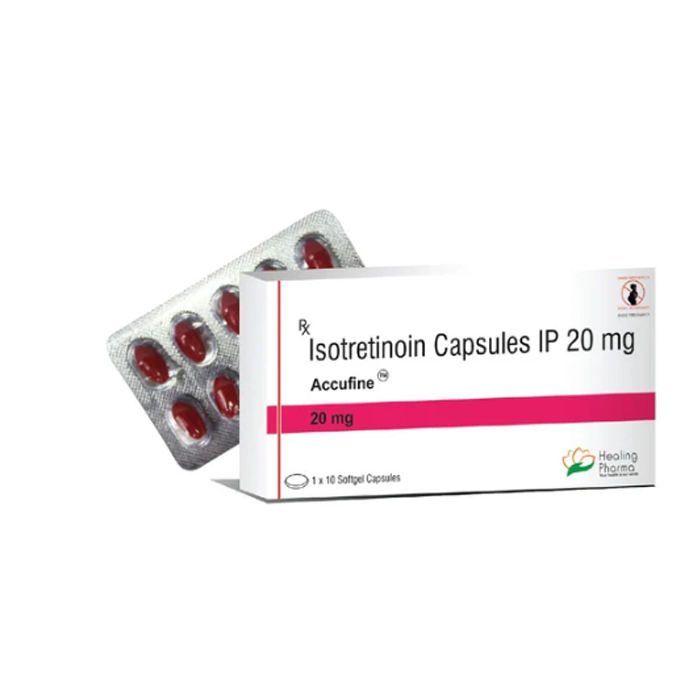
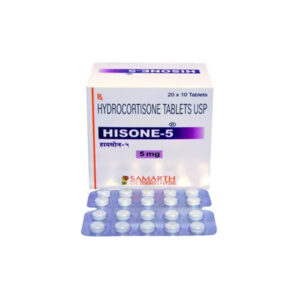
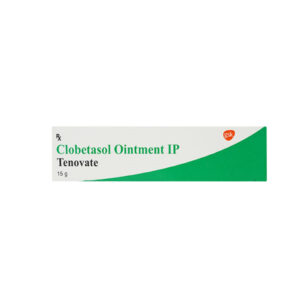
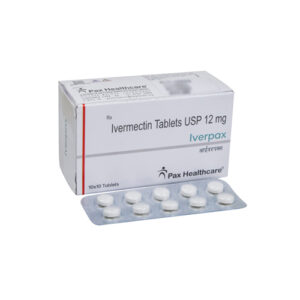
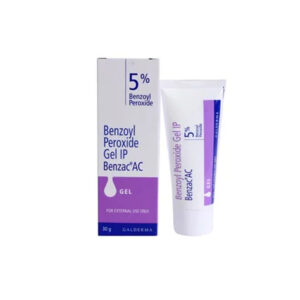
Reviews
There are no reviews yet.